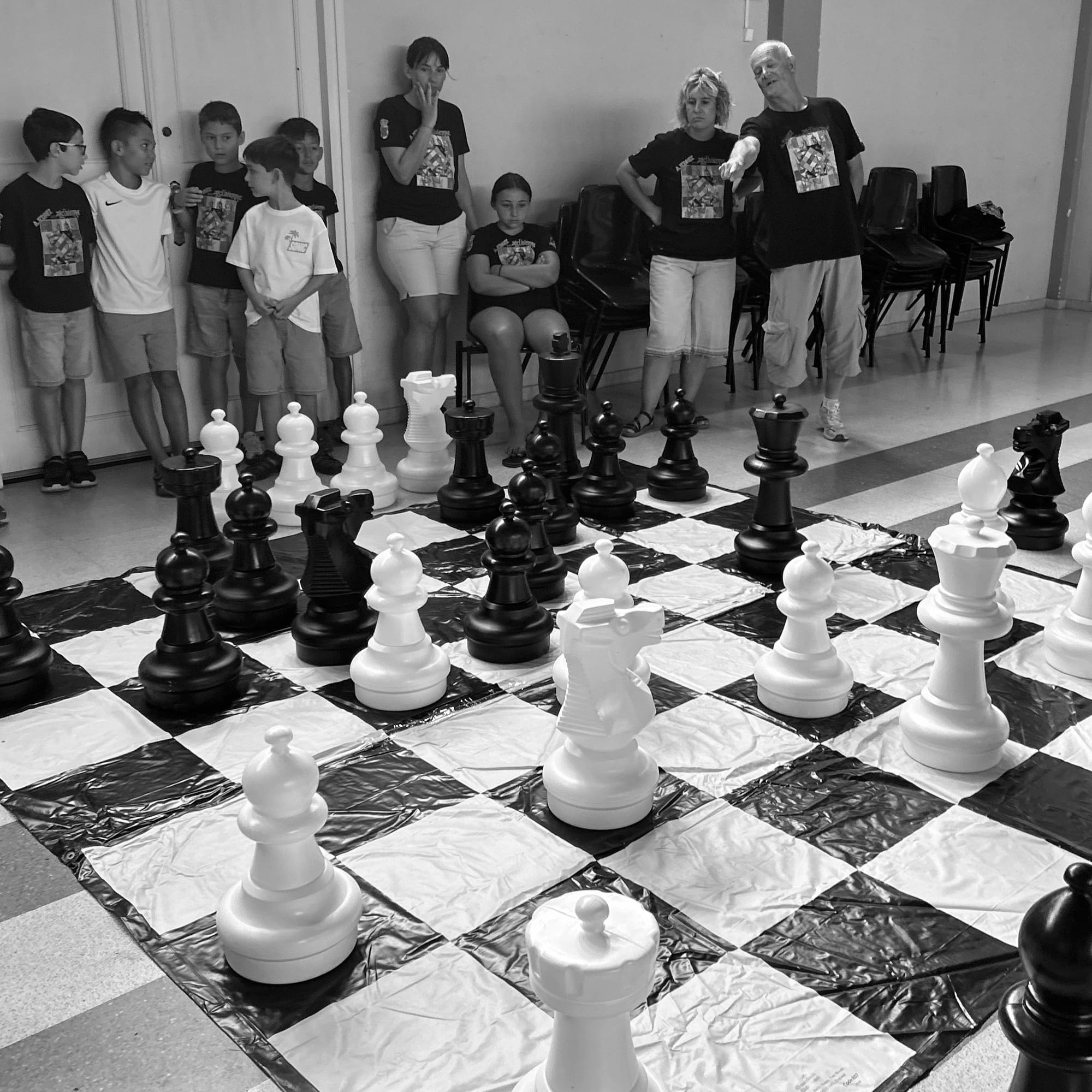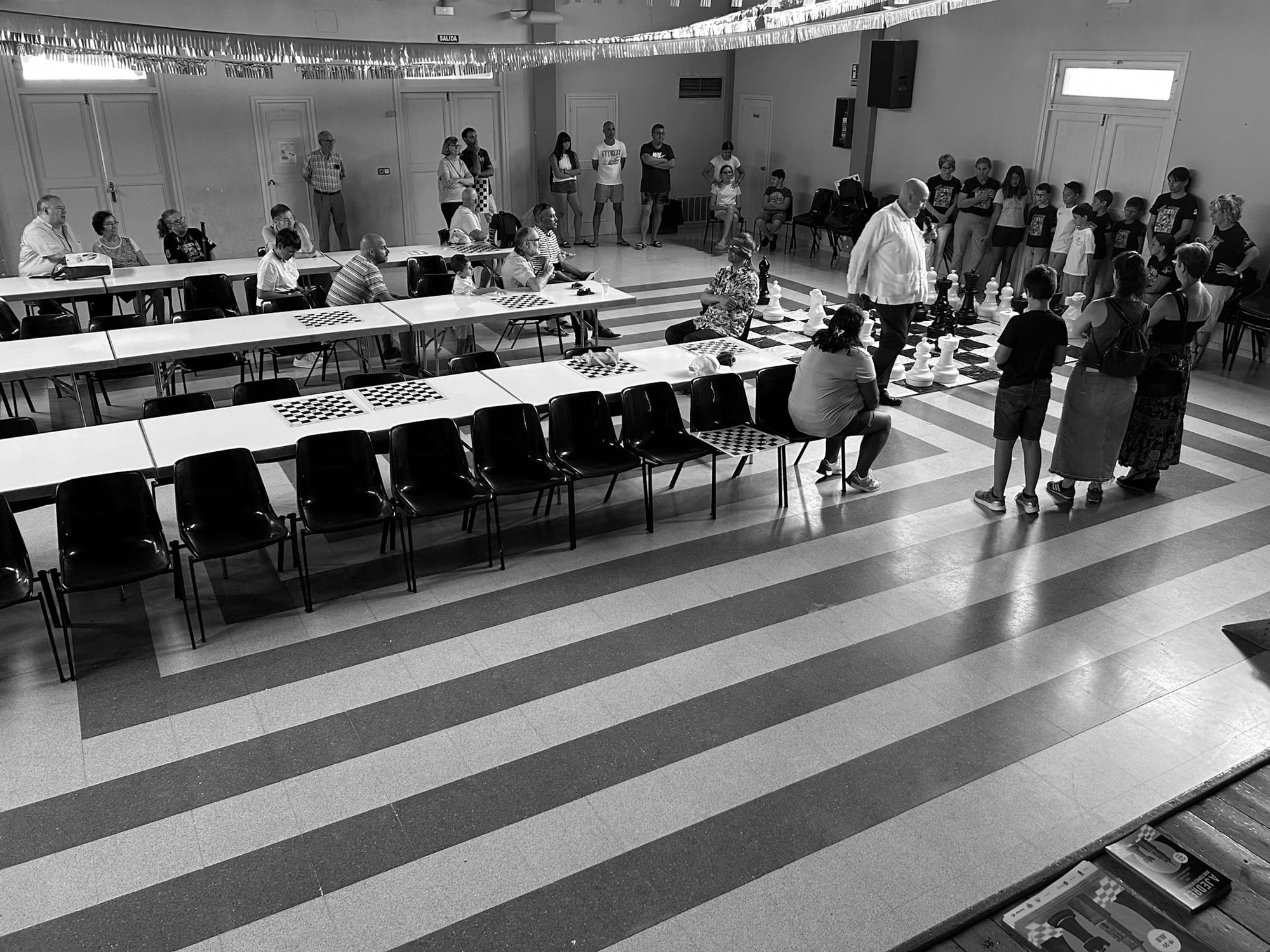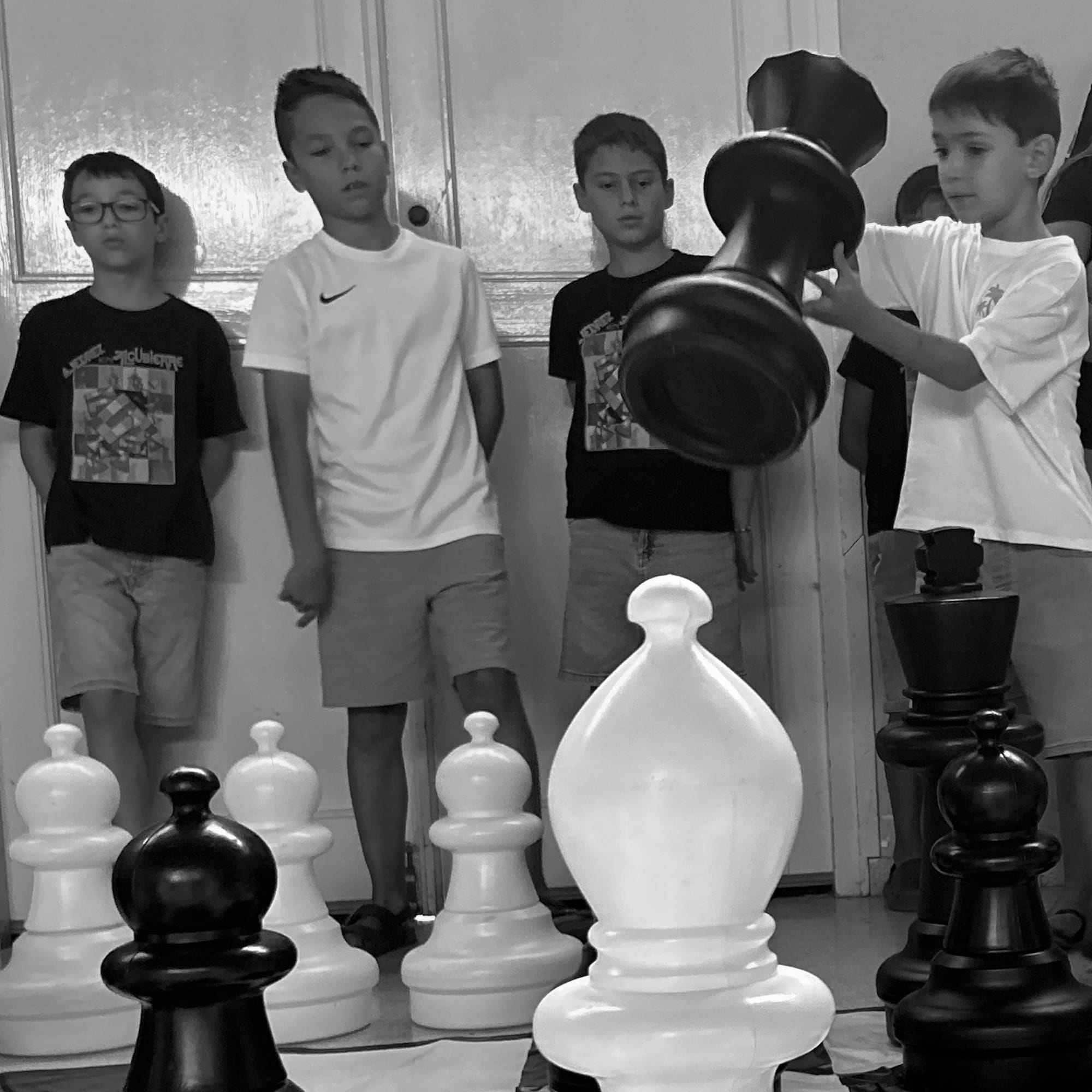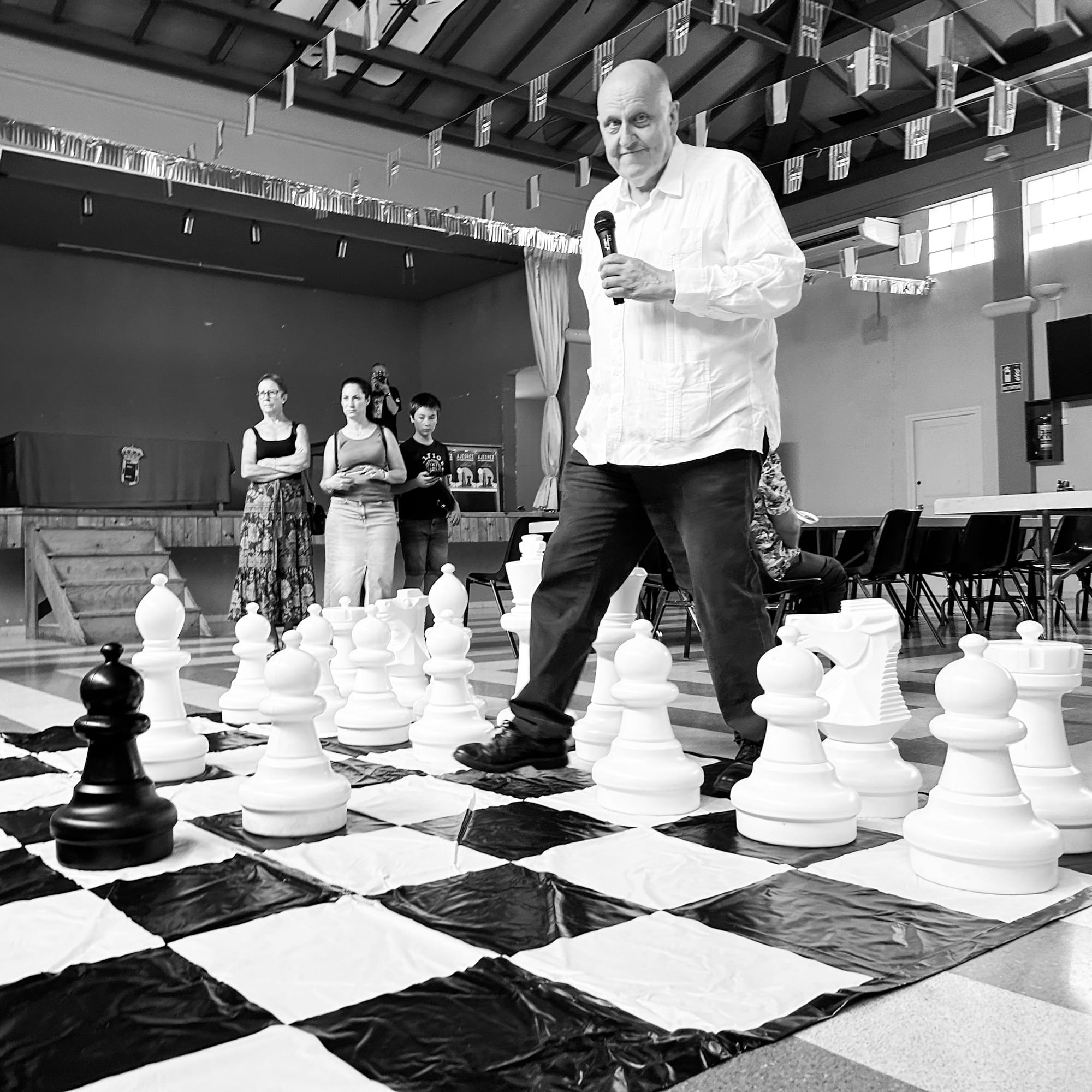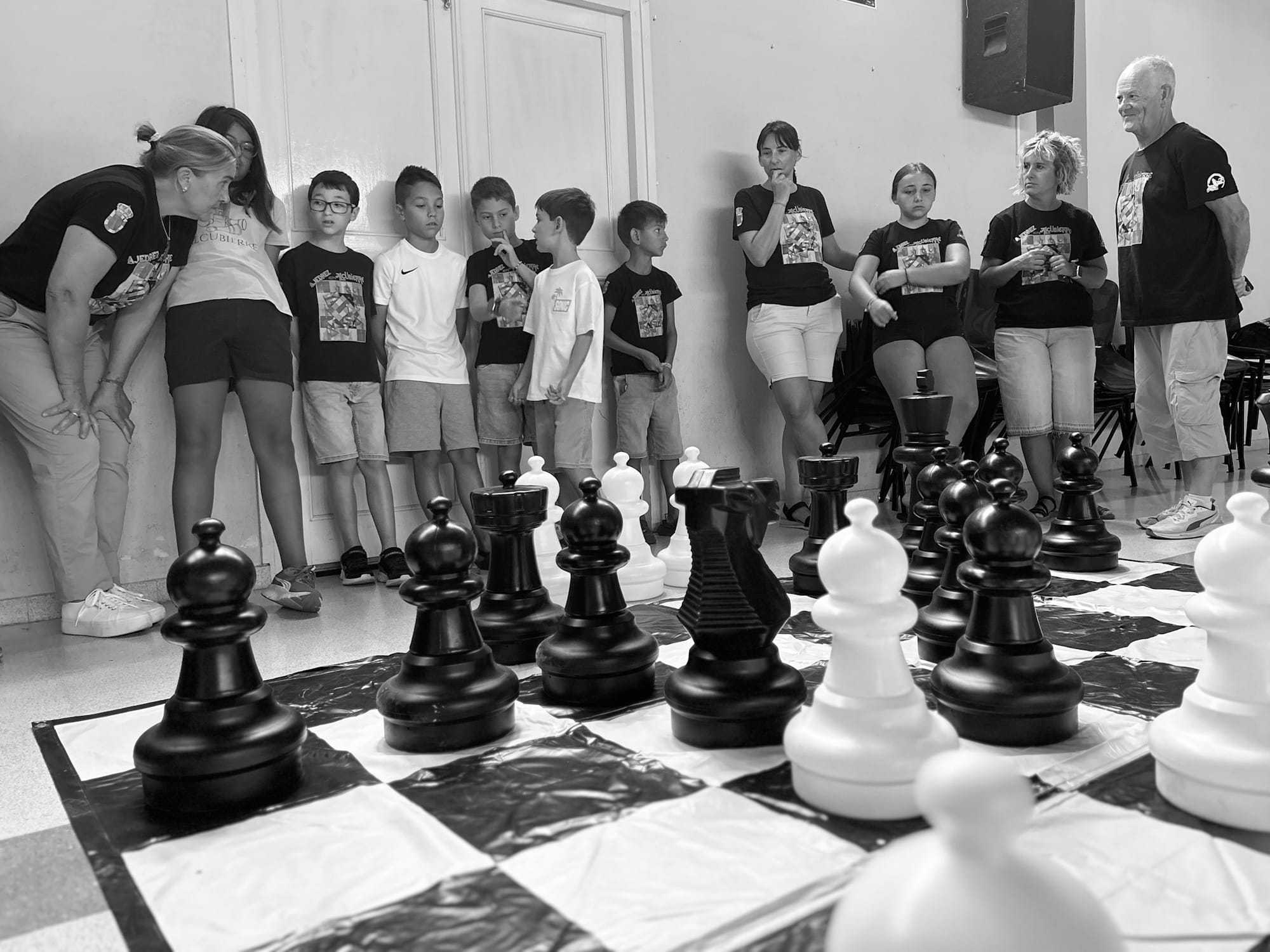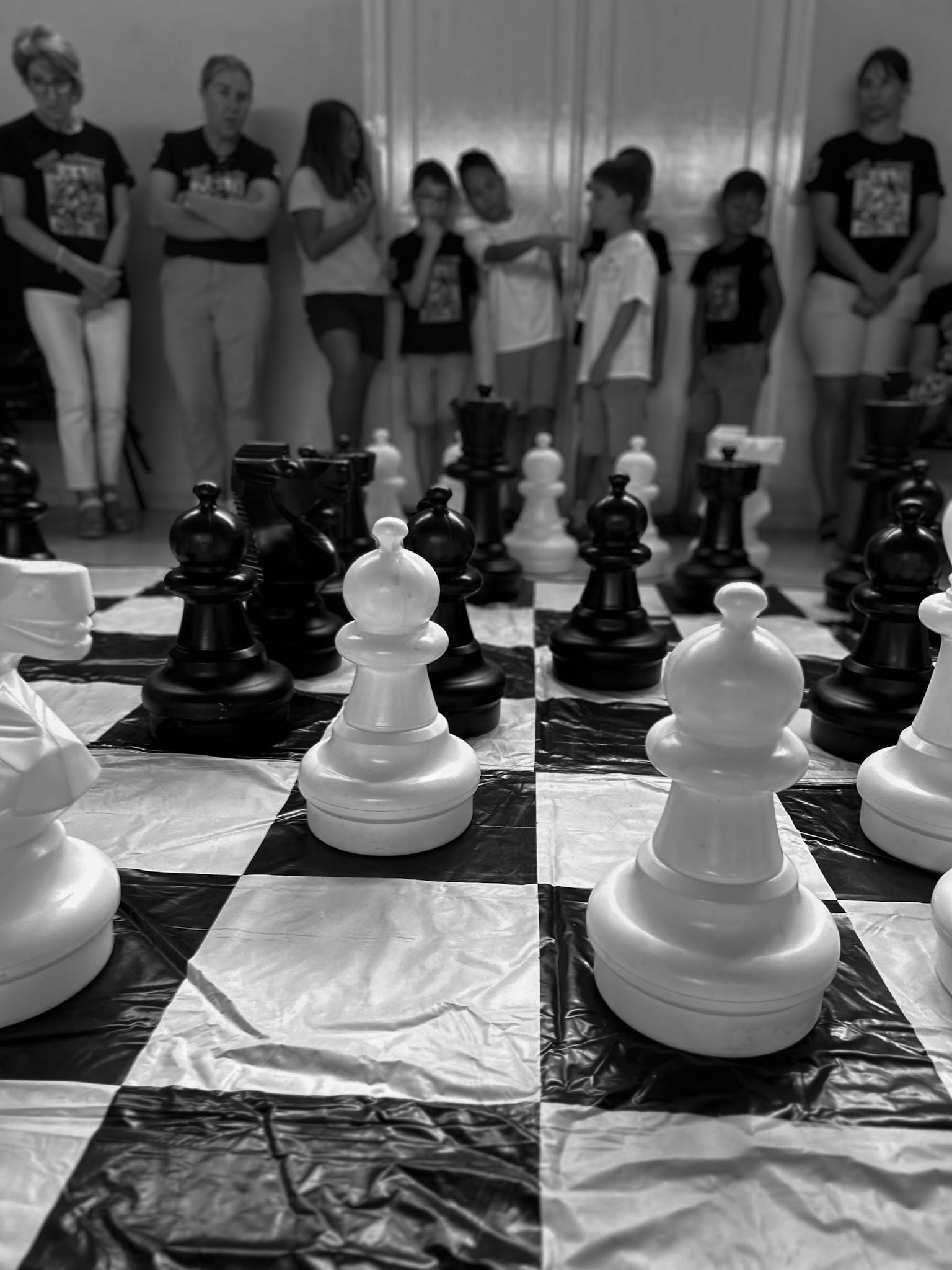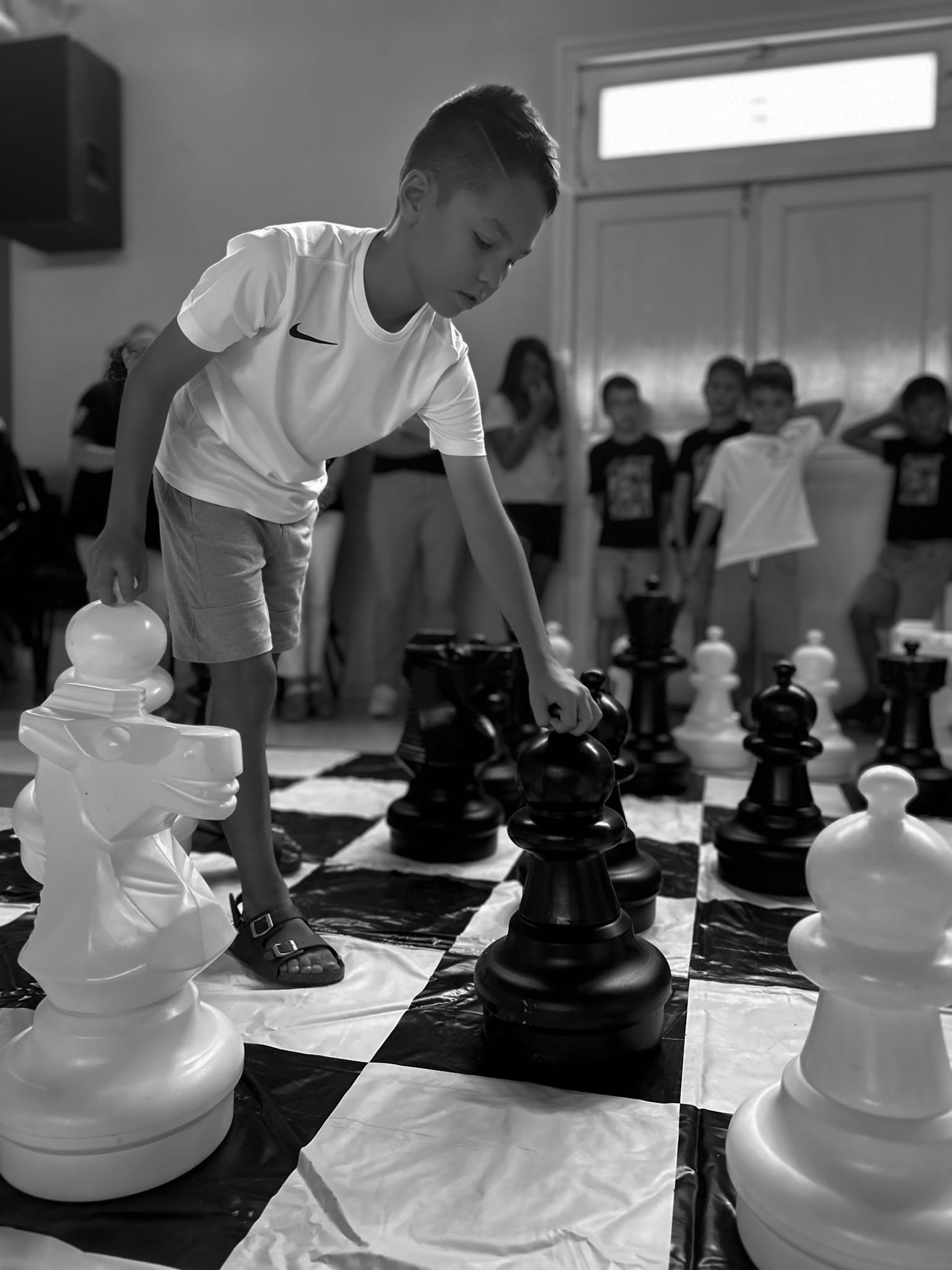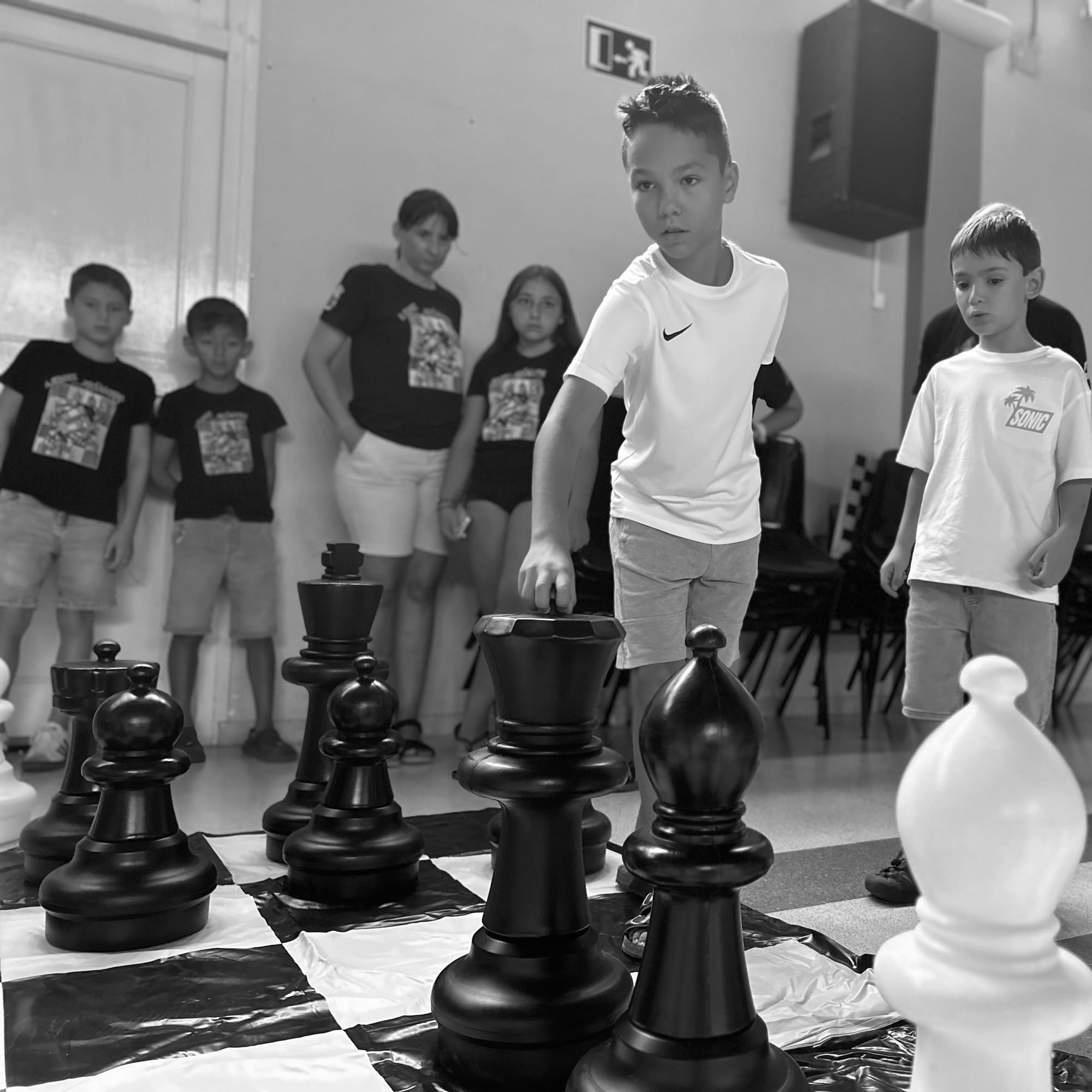What's your message? (Reflections inspired by our trip to Alcubierre)
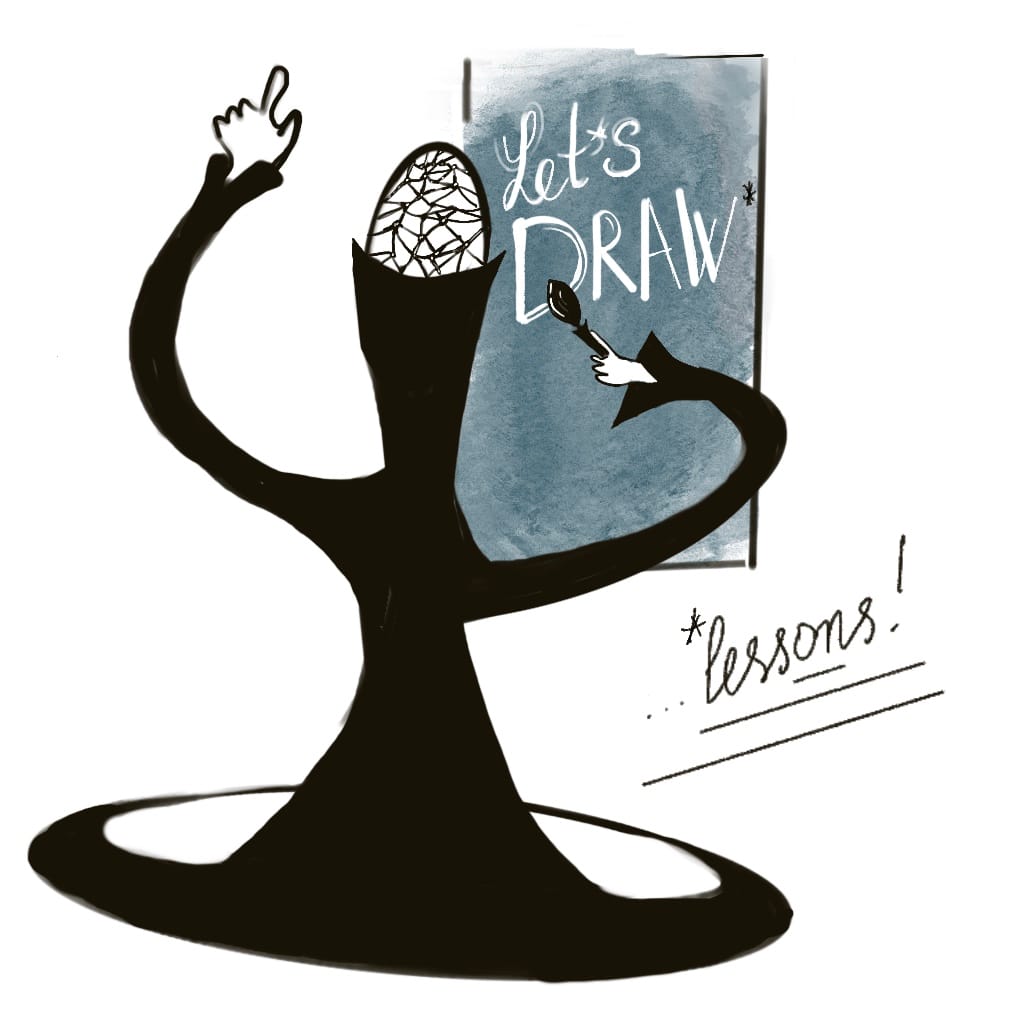
'Hello, teacher, what's my lesson?'
This line from a song immediately sprang to mind when, before my husband's special chess event in Alcubierre (previous blog post is dedicated to my overall impressions from our trip there https://veranebolsina.com/alcubierre-what-connects-masters-of-the-board-and-masters-of-the-field/), I heard the question: 'What's your message to children who study chess as part of their general development curriculum?'
'What's your message' question produced an effect of a perspective change. I've realised that for my interaction with the world it's far more important what kind of sense I make out of my experiences than what I felt during the experience and how I remember it on the emotional level.
A brief side note: my ongoing studies at a French university have instilled in me a kind of scholarly version of Bushido: mention sources whenever you make a reference to other people's ideas! To respect this code, I must thank (once again) Nobel laureate and founder of behavioral economics Daniel Kahneman for explaining this distinction of the 'experiencing self' and 'remembering self' https://www.ted.com/talks/daniel_kahneman_the_riddle_of_experience_vs_memory
However, despite being very explanatory, Kahneman's notion of the experiencing self and remembering self left me trapped in a cage of pain, caught in a riddle I couldn't solve. How can one move forward when both the experiencing self and remembering self alike feel pain?
I'd like to add to his theory: the preparing self feels terrified, whilst the future self sends a haunting message: 'No matter what you do, pain will overshadow any imaginary silver linings you might glimpse ahead.'
"Pain is inevitable, suffering is optional."
These words known as marathoner's mantra, which I encountered in Haruki Murakami's book "What I talk about when I talk about running", captures what feels to me like a rare example of an absolute truth of life. As a result of my introductory study of Ayurveda and, what's more significant, my only positive experience with treatment of health issues, I've come to perceive pain as a way of body and soul speaking to me - sending messages to my so-called "rational mind".
But what kind of lesson can I draw from my chess related experiences?
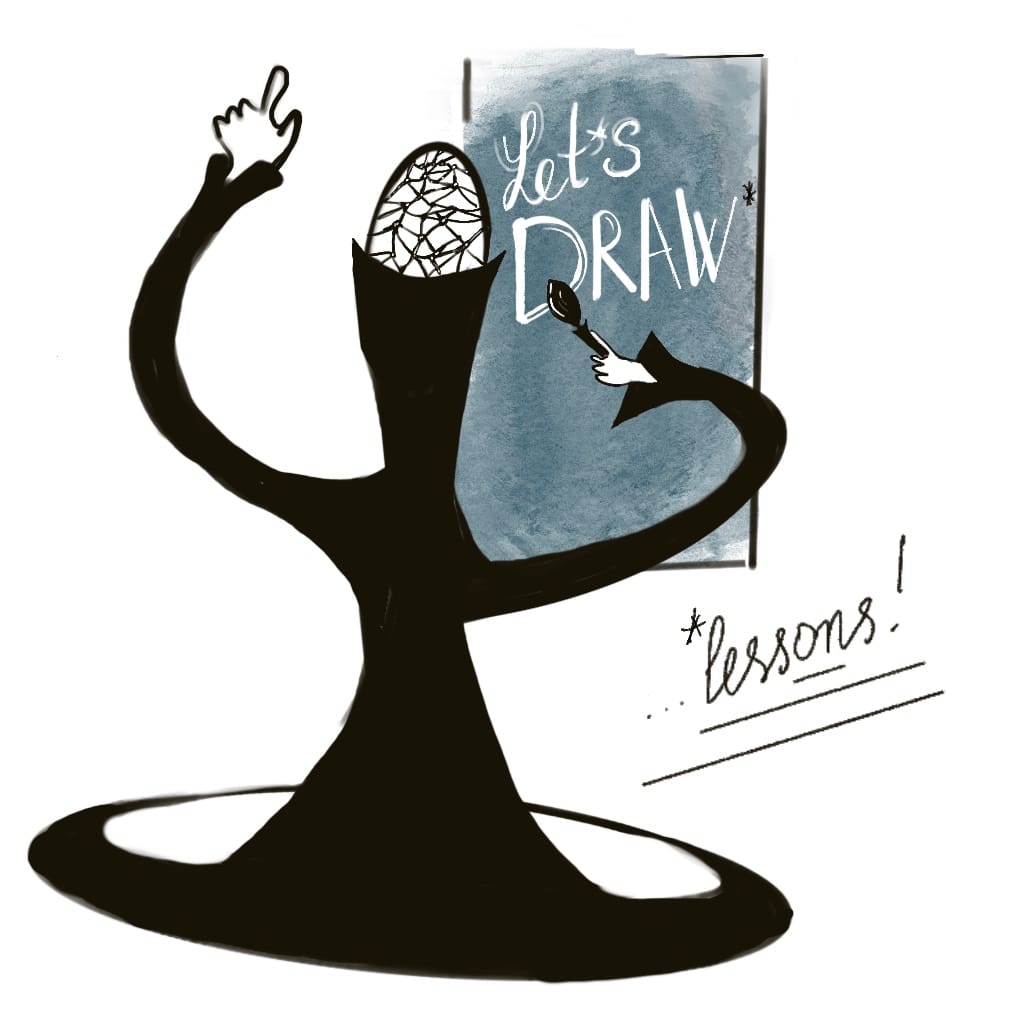
What kind of sense can I make from it?
At this point, a joke about the phrase 'hope it makes sense' comes to mind, but I'll resist telling it because a linguistic observation seems more important:
In French, the word sens has two major definitions: sens as meaning and sens as direction - i.e. the sense I make out of my experience doesn't just create understanding - it indicates, or even defines the direction in which I'll move forward."
Now, having realised that making sense of experiences matters more than the raw feelings themselves, I guess, I can finally try to translate its message into something meaningful.
The song I mentioned earlier goes on depicting children caught in endless routines that lead nowhere. I deeply relate to this feeling. That's why I chose to carry out research on the crisis of the educational system - I felt so hopeless about my own chances of converting hours, even years (in the case of chess), of devotional training into the kind of professional expertise that would allow me to feel alive at least a little more often than feeling robotic, and to help my husband earn a living.
It is how it feels inside. And suddenly, a question what kind of message I can convey to kids arose in front of me. Suddenly I've realised that my words might influence their lives.
What's your message?
This question put me back into my camera obscura - that darkroom where photographers and filmmakers once worked, where darkness isn't just depression but the necessary condition for developing images. Like nigredo in alchemy, this darkness is the essential stage where raw material must decompose before transformation can begin. I've realised that there's no other way out than to bring light to what I now think of as the “footage” of my life events and experiences, to develop them into insights that I could share with others.
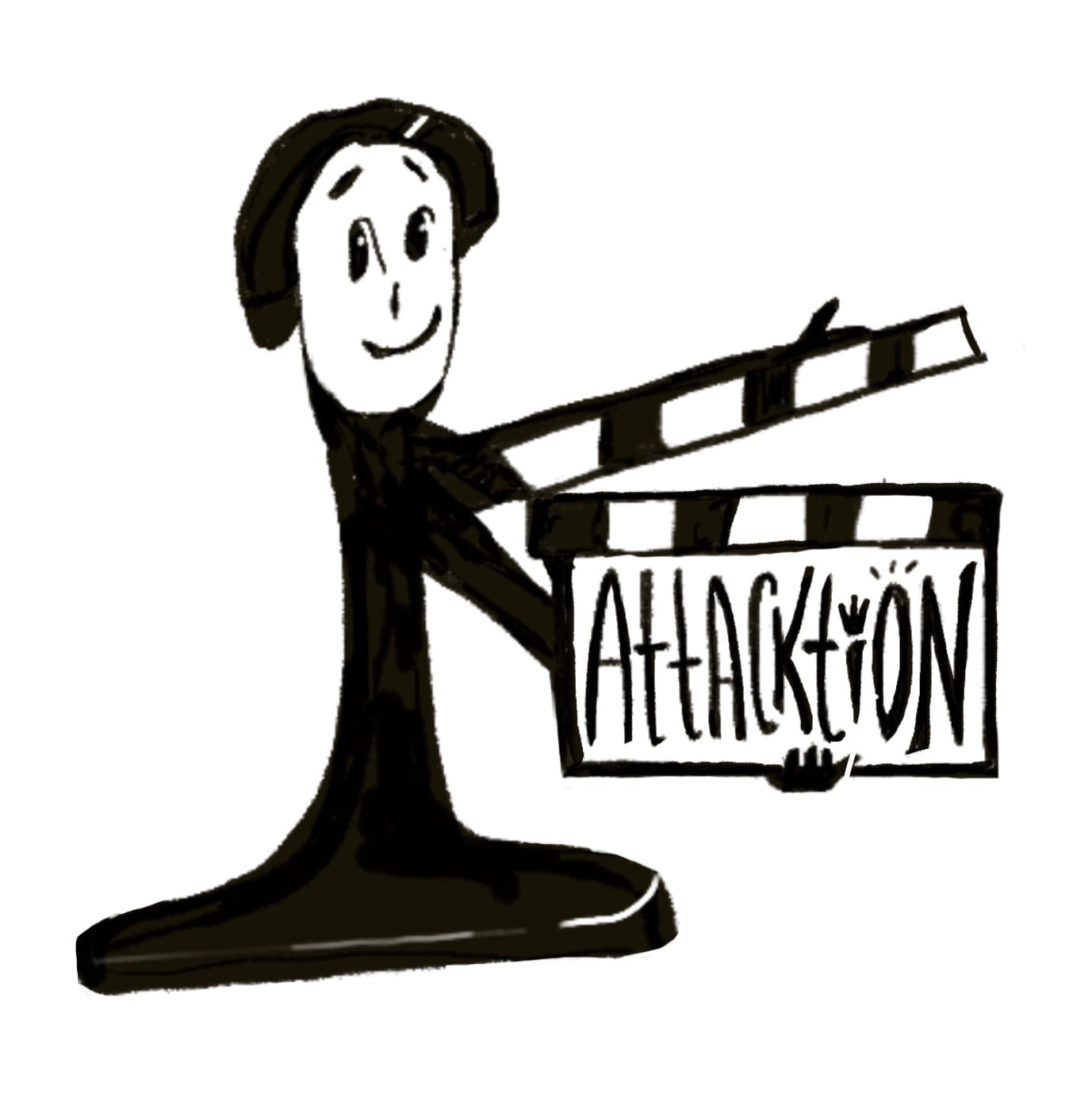
What am I discovering in my camera obscura? What is slowly developing through this alchemical nigredo?
This work remains in progress, I hope to gather more energy so I could go on sharing my insights in the next blog posts dedicated to the exploration of meaning of chess, role of chess player, crisis of educational system and how the game of chess can help (from my point of view) develop the set of skills that according to the latest researches considered as 'skills for future'.
Here is one of the official reports about this set of skills Future of Education and Skills 2030/2040 | OECD
To me personally, the skill of taking a breather appears as a crucial life skill that I have to learn 😃
I’ll end this part with the photos from the event that sparked this entire reflection… new thoughts are likely to encourage changes in habitual actions, will they?
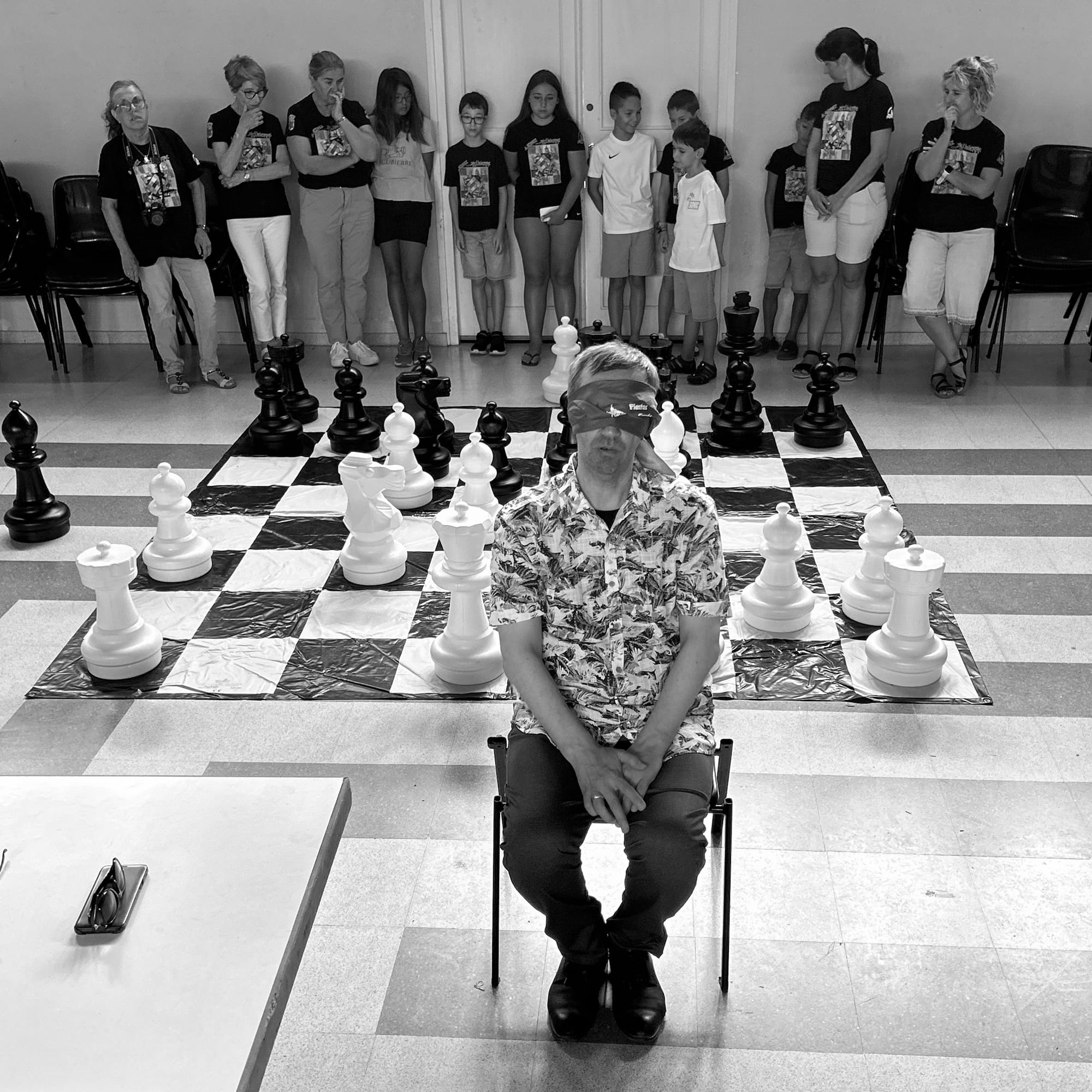
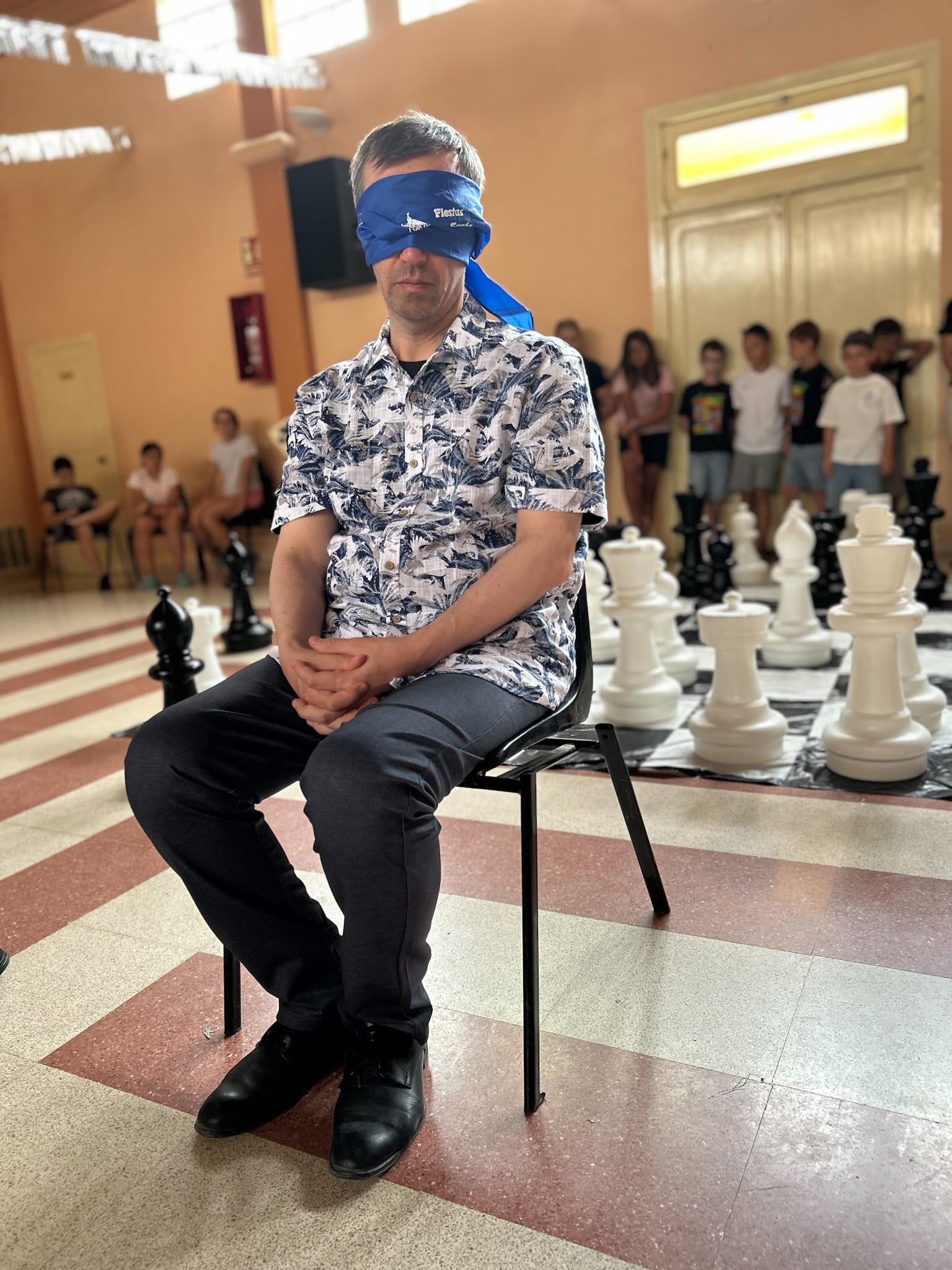
At this moment, when my husband started his first exhibitional blind game, I couldn't help thinking of another lyrical line 'I close my eyes to see better'...
